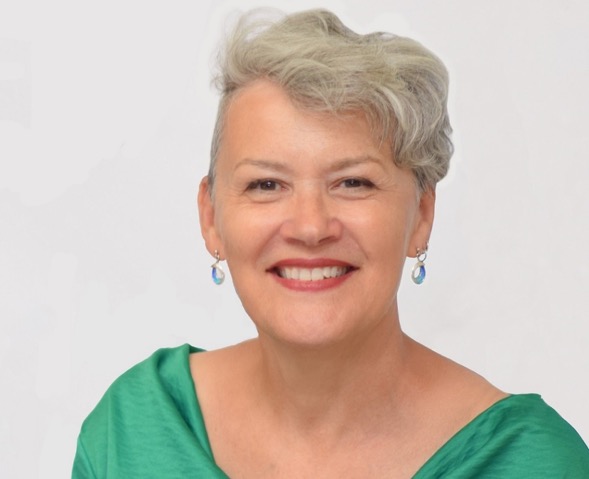
By Susan Douglas-Scott
As we emerge from lockdown what will the new normal look like? For many, it will be a welcome opportunity to reconnect with friends, get out and about more and indeed head into the office.
Without doubt, enforced social distancing has been an uncomfortable experience. Our ability to choose where to go and who with has been restricted and, for the first time, we have been confined to home with little personal interaction with anyone outside the family bubble.
While a new experience for most of us, this is the day-to-day reality for many disabled people with their opportunities limited by a lack of adequate support.
There is no doubt that reality has been further heightened for disabled people during the lockdown with inevitable cuts in support systems, coupled with the ceasing of social opportunities which is a vital link with the wider world.
For disabled people aged between 16 and 25, this has been a particularly challenging time, as lockdown may have coincided with the final school, college or university term and the transition to the next stages of adult life. This loss of connection between peers at this tricky time in life has, without doubt, had a significant impact on the wellbeing of young disabled people.
ILF Scotland’s Transition Fund was set up to create new ways for young people to live a more fulfilled and active life that allows them to explore new passions and connect with more people with shared interests.
Throughout lockdown, ILF Scotland has continued to engage with young people by assessing how the fund can help them identify opportunities to try something new. From learning to play a musical instrument, ride a horse, or set up a baking business, people have been able to use this time to plan for a time when they can explore these opportunities.
Empowering young disabled people to become active citizens is beneficial for the individual, their families and also society as a whole. In our experience, all young people share the same ambitions – disabled or not – and are motivated by a desire to improve their situation, progress in life and make strong friendship groups. ILF Scotland’s Transition Fund makes this a reality for nearly 1,800 young people across Scotland since we launched the fund at the end of 2017.
Covid-19 has presented us with a new challenge but we continue to fund applications and have applied as much flexibility as we can during this time. We know though that young people haven’t been able to participate in activities in their communities or had the same access to the support networks they normally would, making it a particularly difficult time for them.
We are very fortunate to have an Independent Living Fund which recognises the contribution that disabled people can and do make when supported to engage fully in society.
As we now move forward with our recovery plan, we look to give more young disabled people the hope that the future is more than simply existing. By doing this, I believe we can move to a truly inclusive society.
If you know somebody who would benefit from an ILF Scotland Transition Fund grant, please get in touch. If Covid-19 has taught us anything, it’s the importance of deep and meaningful connections that enhance our wellbeing and allow us to live life to the full.
Susan Douglas-Scott is Chair of the Independent Living Fund Scotland
You can read more on The Herald's website here!